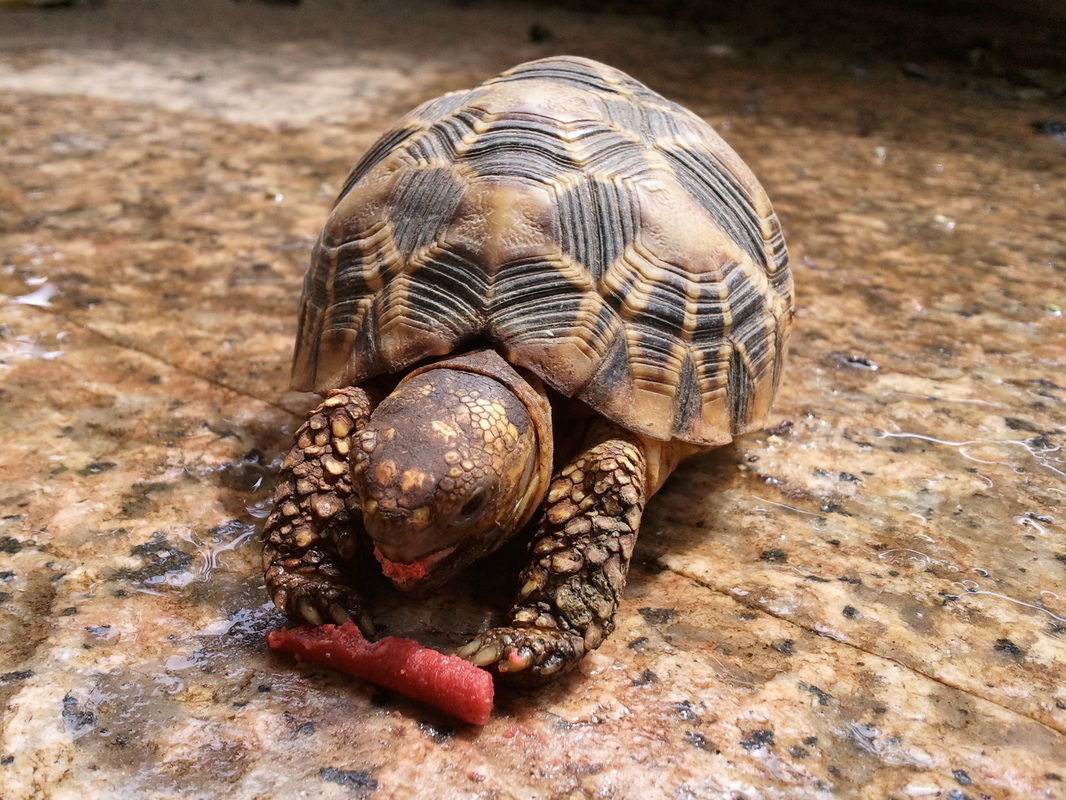- Joined
- Nov 14, 2012
- Messages
- 136
So I went to the vet to get my Greek tortoise a checkup. He is a vet tht was recommended to me by the vet list in this forum. So I took him there and he checked out fine. But here comes the issue. The doctor said tht I need to feed him more protein and to not feed him lettuce alot. I also asked about cactus and he said to stay away from it completely. Iv heard great things about both plants so I don't know what to do. Help!!! Also he said to feed him dog food and guinea pig chow. Iv also heard to not do tht. Plz help!!
